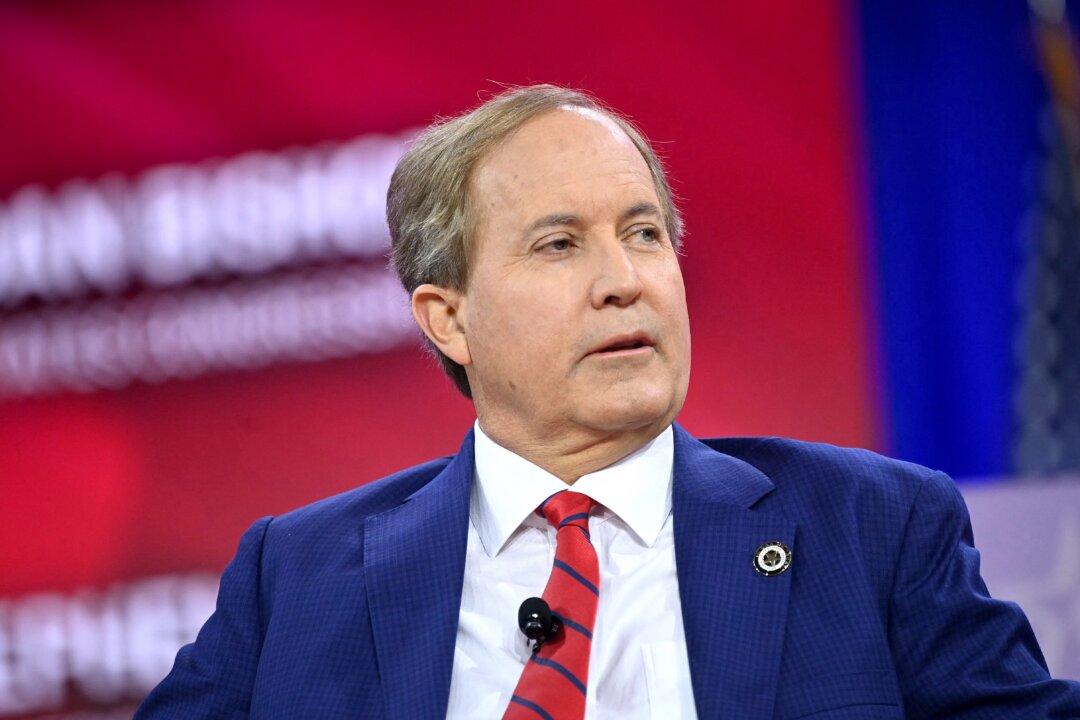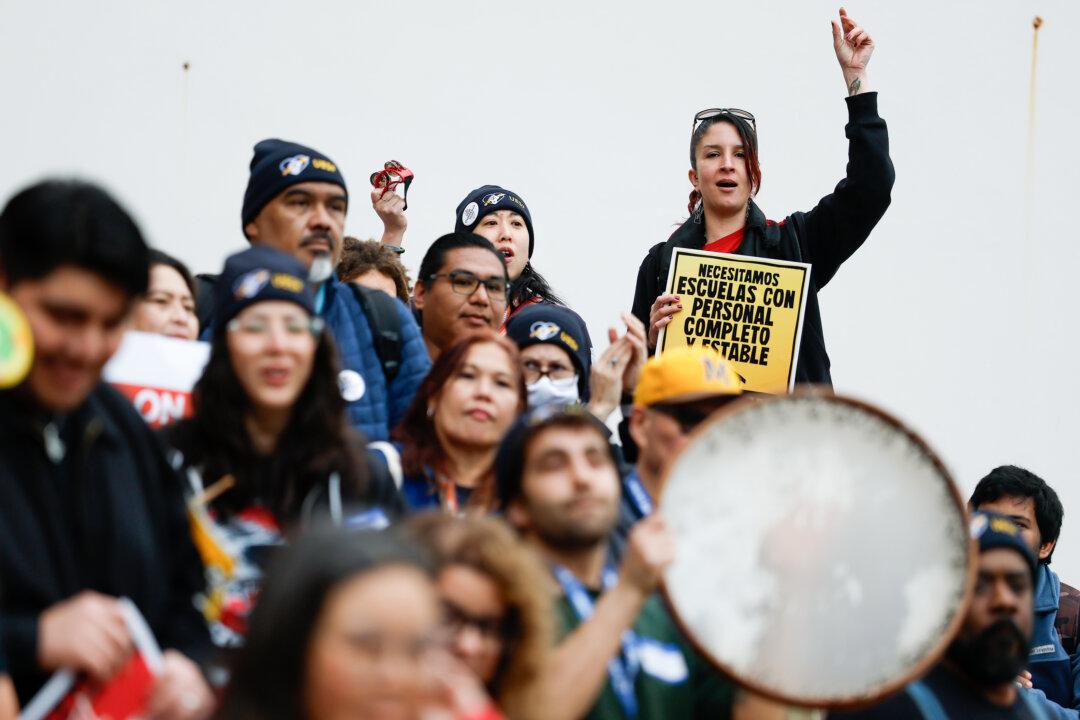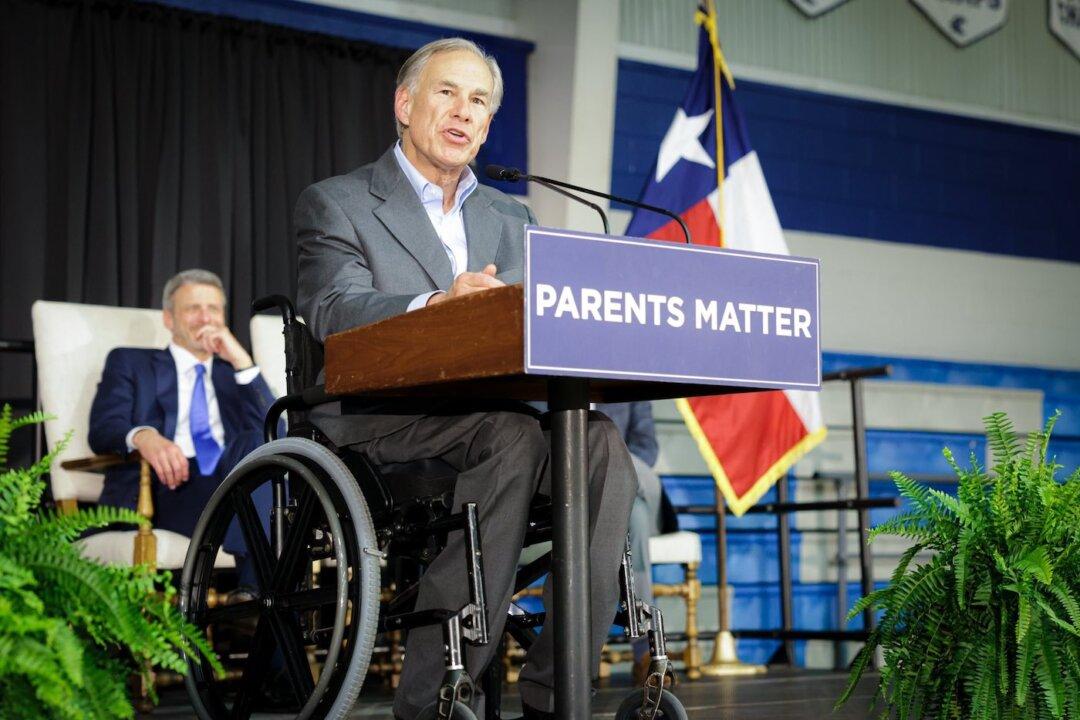Texas Attorney General Ken Paxton is suing the Biden administration over new federal guidance requiring pronoun usage in the workplace based on “gender identity” and accommodations for bathroom use and dress code compliance.
According to a complaint filed on May 21 in the U.S. District Court of Northern Texas in Amarillo, the U.S. Equal Employment Opportunity Commission (EEOC) has unlawfully redefined “sex” in the 1964 Civil Rights Act to recognize gender identity instead of biological sex, even though a 2022 federal court ruling in favor of Texas already stated that the EEOC doesn’t have the authority to mandate reinterpretations of the 60-year-old law.





